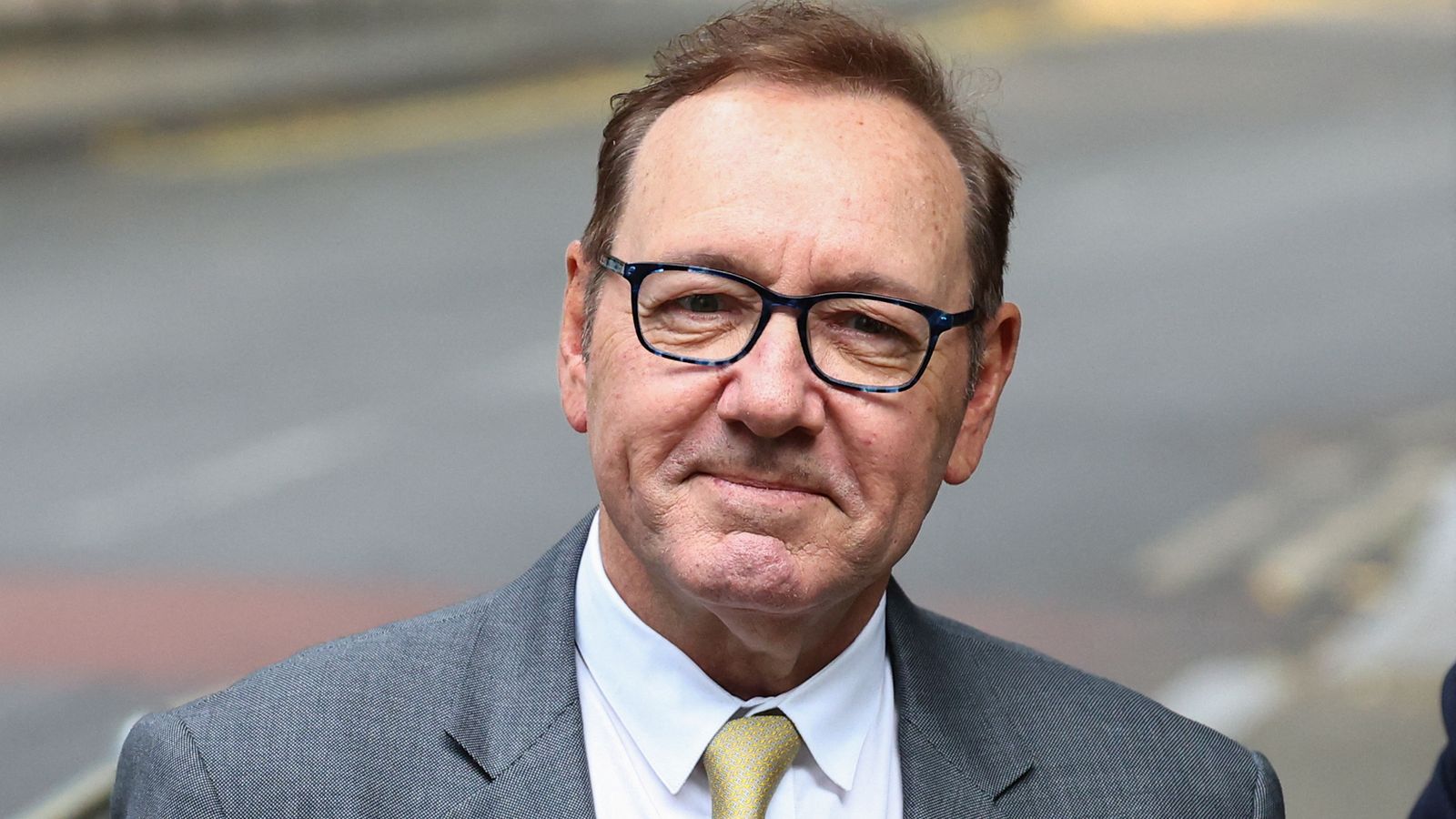Donald Trump has said he invoked the fifth amendment and would not answer questions under oath in the long-running New York civil investigation into his business dealings.
The former US president arrived at New York attorney general Letitia James’ offices in a motorcade shortly before 9am on Wednesday.
More than an hour later he said he “declined to answer the questions under the rights and privileges afforded to every citizen under the United States Constitution”.
Anything he said during the deposition could have been used against him in a criminal case.
While Ms James’ investigation is civil in nature, the Manhattan district attorney is running a parallel criminal probe.
The fifth amendment establishes a person’s right not to be “compelled in any criminal case to be a witness against himself”.
In the most direct sense, that means criminal defendants do not have to give damning evidence in their own cases.
But it has come to apply in non-criminal contexts too.
In a statement, Mr Trump said: “I once asked, ‘If you’re innocent, why are you taking the fifth amendment?’
“Now I know the answer to that question.
“When your family, your company, and all the people in your orbit have become the targets of an unfounded politically motivated witch hunt supported by lawyers, prosecutors and the fake news media, you have no choice.”
Read more:
Why the FBI raided Trump’s estate
As vociferous as Mr Trump has been in defending himself in written statements and on the rally stage, legal experts say the same strategy could have backfired in a deposition setting because anything he says could potentially be used in the criminal investigation.
His decision comes just days after FBI agents searched his Mar-a-Lago estate in Florida as part of an unrelated federal probe into whether he took classified records when he left the White House.
The civil investigation, led by Ms James, involves allegations that Mr Trump’s company, the Trump Organisation, misstated the value of prized assets like golf courses and skyscrapers, misleading lenders and tax authorities.




